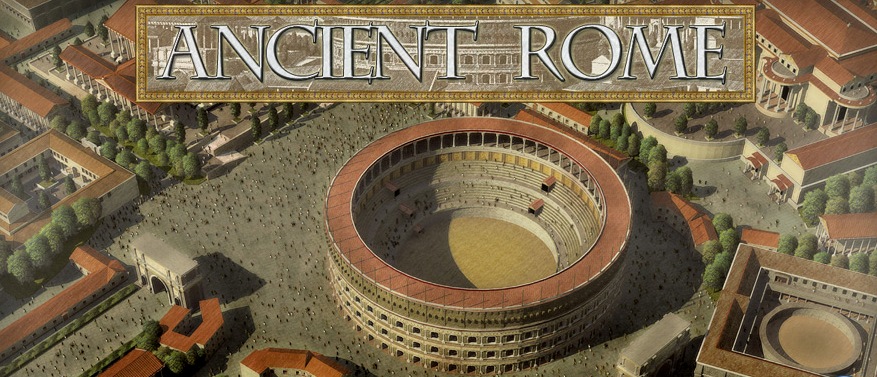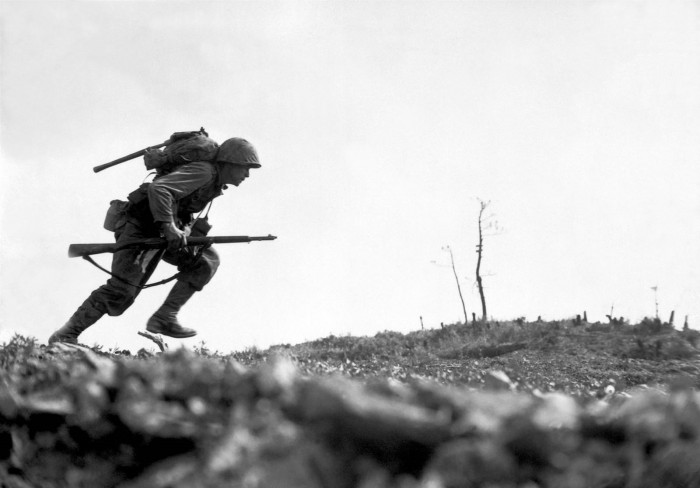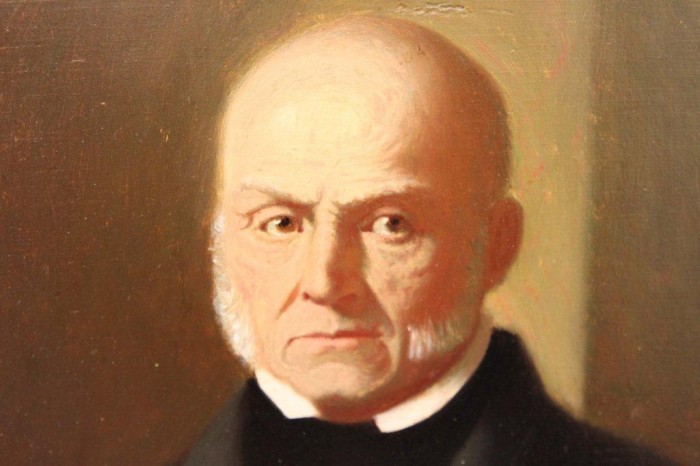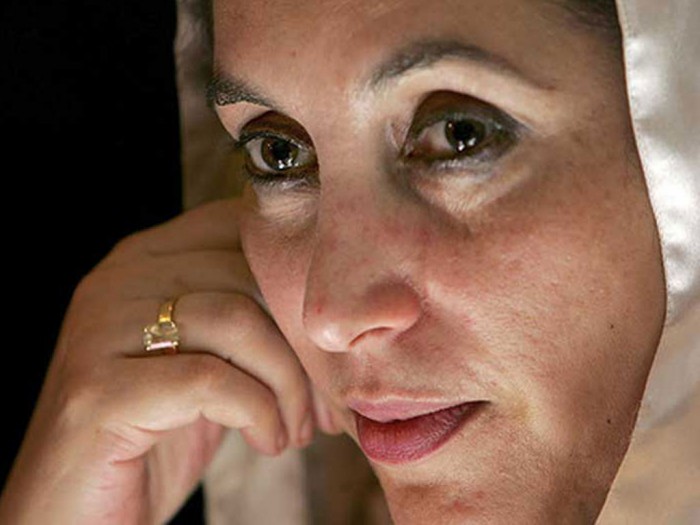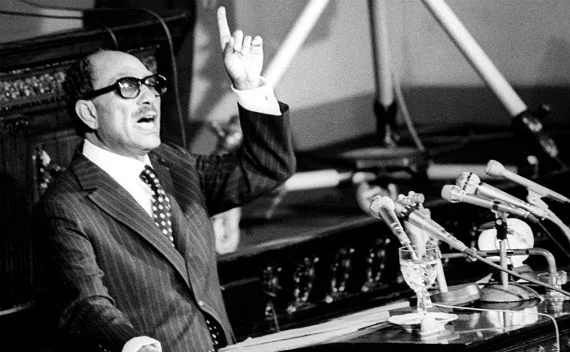
Top 10 Most Famous Speeches in The History
Speeches are these words that are addressed to public. It is a vocalized structure of human communication. They are affective sorts of words, able to promote, encourage and motivate people. Speeches can push a soul of enthusiasm into minds and hearts of peoples. So, political speeches are picked in special words and tones, to impact and convince people’s minds. Our history has experienced many influential speeches, of which the famous top ten are viewed as follows:
10 Barack Obama, July 27, 2004:“We worship an awesome God in the blue states and we don’t like federal agents poking around in our libraries in the Red States.” He addressed the Democratic National Convention, supporting Senator John Kerry, the party’s presidential nominee in opposition to George W. Bush, Barack Obama was an incomprehensible state senator. This speech put away the partisan differentiations and united Americans together. It acquainted him to the state and hinted that he is to become a future president.
9 Nikita Khrushchev, February 25, 1956:
“Stalin became even more capricious, irritable and brutal; in particular, his suspicion grew. His persecution mania reached unbelievable dimensions.”This amazing speech by a Soviet leader contributed to destroy Stalin’s character. It is secretly delivered before a captivated audience of Communist apparatchiks. Khrushchev blew a great attack against the Soviet system, who had been respected for much of his life. After Stalin’s death by 3 years, Khrushchev settled on his paranoia and cruelty.
8 Adolf Hitler, December 11, 1941:
Hitler waged a war against America, after its attack on Pearl Harbour, involving the Third Reich in clash with both post-war superpowers. It is a famous speech, by a character known for its strictness and harshness “As for the German nation, it needs charity neither from Mr Churchill nor from Mr Roosevelt, let alone from Mr Eden. It wants only its rights! It will secure for itself this right to life even if thousands of Churchills and Roosevelts conspire against it.”
7 Konrad Adenauer, July 12, 1952:
“I believe that for the first time in history, certainly in the history of the last centuries, countries want to renounce part of their sovereignty, voluntarily and without compulsion, in order to transfer that sovereignty to a supranational structure,”. Just after the Second World War, the European leaders seemed gave notice to what French Europeanist Jean Monnet depicted as “a war that is thought to be inevitable”. Yet Adenauer, West Germany’s first chancellor adopted the repudiation of nationalistic anger for a common European vision.
6 George W. Bush, September 20, 2001:
“We are a country awakened to danger and called to defend freedom.” In September 20th 2011, George W. Bush, the American president addressed the houses of Congress and a nation that has negatively affected by the most serious attack in the American history, which took place on September 11th in the same year. Being a novice in foreign policy, his country at the start assembled under his leadership that eventually led America to war in opposition to Afghanistan and Iraq, as it was supposed that they are responsible for this terrorist attack.
5 Bill Clinton, April 23, 1995:“You have lost too much, but you have not lost everything. And you have certainly not lost America, for we will stand with you for as many tomorrows as it takes.” As stated before that the attacks of September 11, 2001on the federal building in Oklahoma City were the worst in the US past, Clinton delivered a speech for the memorial service for the 168 victims that sadly held in arms their anguish.
4 Kwame Nkrumah, July 10, 1953:
“The right of a people to decide their own destiny, to make their way in freedom, is not to be measured by the yardstick of color or degree of social development. It is an inalienable right.” By these words, Nkrumah encouraged the anti-colonial movement when more or less each and every African country is ruled by Europeans. He motivated the parliament to seek the self-government of Ghana, his homeland, and then he overthrew the British colony of Gold Coast. Indeed, Nkrumah stated that every nation has the right to enjoy independence.
3 Charles de Gaulle, June 18, 1940
“The destiny of the world is at stake“. In a call, depicted of being short but intense, Charles de Gaulle, the Free French leader gathered the state to support the Resistance as he ensured that the war for France was not ended yet. The fight of France may have been lost, but the public will never let France down. France and Britain would be able to portray wholeheartedly the gigantic industrial resources existing in the United States of America.
2 Golda Meir, January 17, 1957:
It is a speech when Meir, the prime minister of Israel, called the UN General Assembly. It was after the consequences of Israel’s fruitless invasion of Egypt in 1956. Her country had been condemned by the world for attacking Egypt, by the aid of the British and French forces. Meir dexterously stated that Israel’s actions had been distrustful, saying “My delegation will bend every resource of heart and mind in the days that lie ahead.”
1 Anwar Al Sadat, November 20, 1977:
Anwar Al Sadat, the president of Egypt tripped to Israel; it was the first Arab leader ever to visit the Jewish state. He delivered a speech in Arabic in the Knesset. He intended this speech to pave the way for peace after the four wars between Israel and Egypt. He decides to grant the coming generations a chance to live in peace and avoid wars, so he preferred to get back the Sinai Peninsula occupied by Israel in 1967. November 20, 1977 was a day to remember, when a great speech is delivered by a greater leader, to insist on peace, not as a point of weakness, but it is surely one of his points of strength, as he was the victor and sought peace not war. The most influential part of his speech that indicate his good intention was ” You, bewailing mother; you, widowed wife; you, the son who lost a brother or a father; you, all victims of wars – fill the earth and space with recitals of peace. Fill bosoms and hearts with the aspirations of peace. Turn the song into a reality that blossoms and lives. Make hope a code of conduct and endeavor. The will of peoples is part of the will of God.”
After highlighting the most famous ten speeches by political leader, tell us what your favorite speech is…











